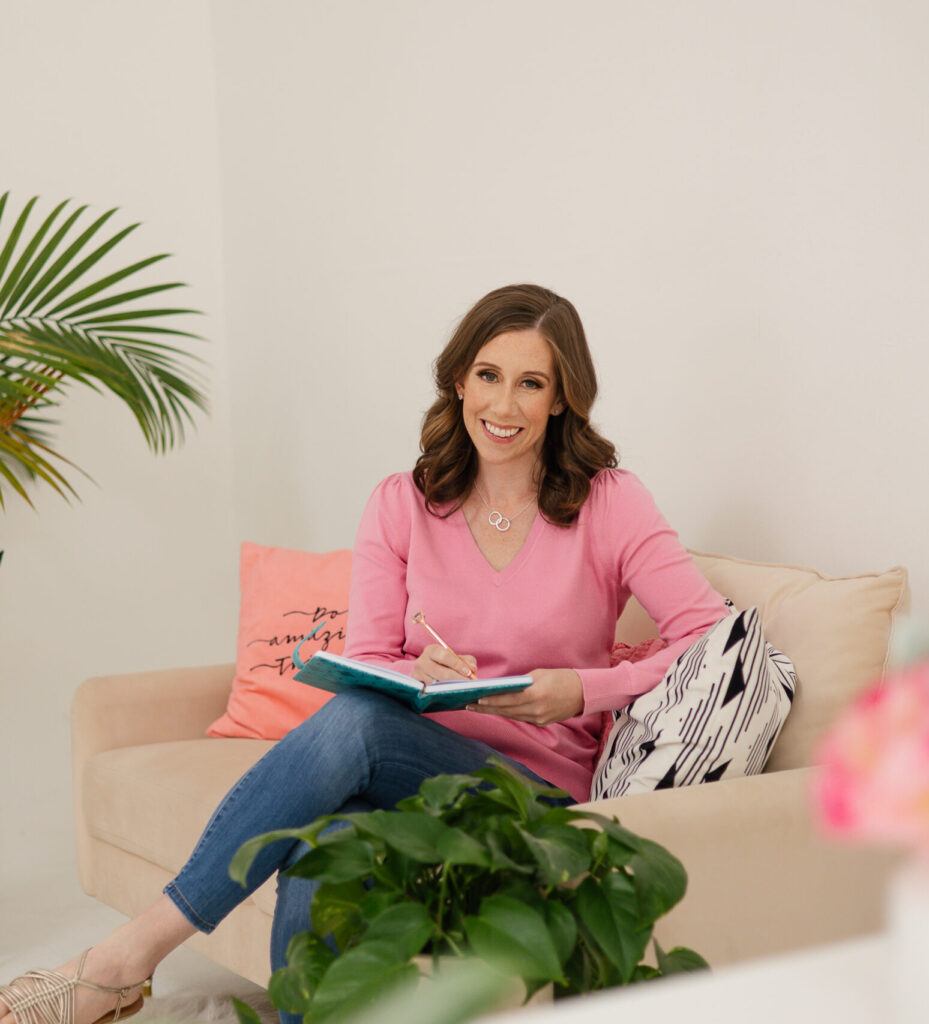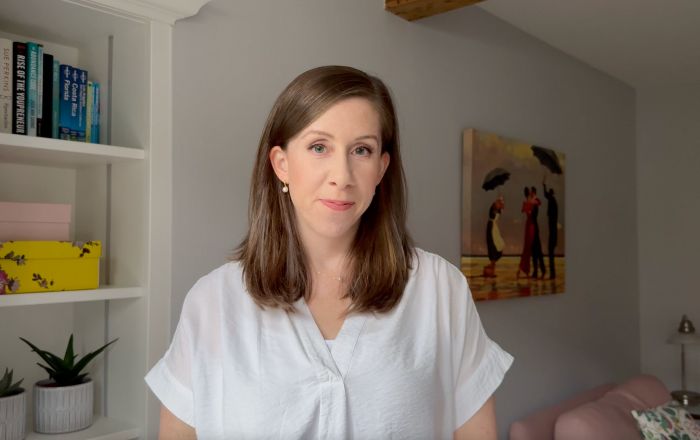How is it that one person can enjoy a couple of beers or a glass of wine and then go on with their life, whilst for others, it becomes a problem? I think this is something we’ve all wondered at times. Thoughts like ‘maybe I don’t really need to stop’ ride shotgun with ‘maybe I could just cut down’ and ‘well other people manage to have just one or two’.
I find that people who don’t have a problem with alcohol are often baffled as to why some of us experience a difficult relationship with booze whilst they seem to be able to take it or leave it. There are a number of different opinions out there with regards to this, ranging from the ‘alcoholism as a disease’ model, to the likes of Allen Carr/Jason Vale who believe that anyone who regularly drinks alcohol is an alcohol addict – they just don’t know it yet.
I agree that anyone who drinks regularly is dependent on alcohol to some extent. You only need to scroll through Facebook to see how many ‘take it or leave it’ drinkers are counting down to ‘wine o’clock’. Now, they might only have one glass, but if they don’t get it, they feel disappointed and deprived in some way. These are the same people who feel very proud of themselves when they take a month off booze. As Jason Vale says, if someone boasted to you that they’d stopped eating bananas for a month would you think – wow that’s someone in control of their bananas? Or would you think: gosh, I didn’t know they had a problem with bananas?
Whatever you think of that argument, there’s no denying that there is something that stops ‘take it or leave it’ drinkers from picking up a second or third glass. Of course, some people just don’t like the feeling of being drunk. Others are influenced by those around them. Our behaviour often reflects the people we spend time with – be it friends and family or the places we go and the people we meet.
Then there are the restrictions that our own lives place upon us. Drinking has consequences, and maintaining family and work commitments play a big role in regulating people’s alcohol consumption. Money is also an important factor as drinking is an expensive hobby. Health is another restriction.
All the factors above definitely play a part, often without people even realising. But I don’t think it’s as simple as the restrictions of life, money and health. After all, you and I are subject to most of those same limitations and yet we chose to ignore them.
Increasingly, I think it’s all down to this: it’s about how we handle our emotions. Isn’t that what addiction comes down to, in the end? It’s a way of escaping some kind of pain or unpleasant feeling. It doesn’t matter whether you use food, or alcohol or sex or drugs – you’re still trying to escape, avoid and turn off.
Now I’m not saying that every ‘take it or leave it’ drinker is some kind of emotional ninja, totally at one with ‘feeling their feelings’ and sitting with uncomfortable emotions. That might be the case. Perhaps they meditate on their troubles. Or maybe they’ve got their own food or sex or computer game addiction. Whatever, it just happens that alcohol is not their tool of choice.
Excessive drinking has nothing to do with willpower or being weak or greedy. It is just a symptom of what’s going on underneath. And don’t forget, alcohol is an addictive, mind altering drug. Just because society has normalised drinking, it doesn’t mean that our bodies have got any better at handling it. When you think about it, it’s kind of crazy that we assume we should be able to consume alcohol without getting addicted.
Resources
Work with Kate
Get Started Now
Download my pep talk for a dose of inspiration to keep you on track tonight.




6 responses
Yes, finally another like mind on this subject! I don’t feel sorry for myself that I can’t “moderate,” because I know it’s pretty much a fantasy, & darn near impossible. Most of my friends/family/people I see when I’m out have more than one. In fact, I don’t know anybody personally who doesn’t. How do I know this? Because they’ve told me, and I’ve witnessed it firsthand. I suspect there are a very select few out there who actually are moderate, less than the alcohol industry wants us to believe. I know what you mean about the Facebook newsfeed thing also, seems every weekend the drinks come out in full force, sometimes 2 days in a row. I have Allen Carr’s book “easy way to stop drinking,” it is similar to Jason Vale’s, I love it! 11 months on November 7th for me, and I just turned 30. Thank you for this blog, it is helpful!
Thanks Amy and congratulations on your 11 months! I stopped drinking just before I turned 30 too. It’s a good time to do it!
On the weekend, after hibernating for the first five months of my not drinking, I went to a party sober. At first I very envious of the people who were just having one or two drinks and enjoying themselves and I started asking myself, why can’t I do that? But as the night wore on I started to pay more attention to the people who can’t stop at one or two. I watched as they downed drink after drink, I watched their eyes start to droop, I watched as they got louder and more argumentative and I watched them start to slur their words and make little sense. Suddenly all my original envy started to disappear because I knew that if I had just one drink I would become one of these people, one of the messy, sloppy, nasty drinkers who will keep going until they pass out or get sick. After five months of not drinking I never want to be one of those people again.
It’s encouraging to hear that your not alone on this journey..I have been hibernating also for the past 12 weeks..I started Salsa dancing as a strategy to help me when I decided to give up alcohol and I’m really enjoying class 2 nights a week and this Saturday there is a Halloween dance party which I intend to go to and stay sober of course..It will be my first party since giving up alcohol..I feel I’m ready now..It does get easier as time goes on..
My husband was forced to stop drinking nearly 2 years ago. It became a choice between his wife, kids, home and business or the drink. Luckily he chose us, but he has been hibinating since he gave up. He is happy at work and home, but doesn’t like going and socialising anymore. I’m so happy that he is sober, but his depressed mood does get me down. I can see small improvements, but l can also see that he really misses the alcohol . Will this improve with time?
I think that the stigma of ‘addiction’ means that, at least where I am, we aren’t really talking about emotional dependence on things like alcohol, food, etc. I think your ‘in control of your bananas’ metaphor really resonated with me as something I had never considered, particularly with challenges like Ocsober and Dry-July.
Thank you for some insightful pre-weekend reading!